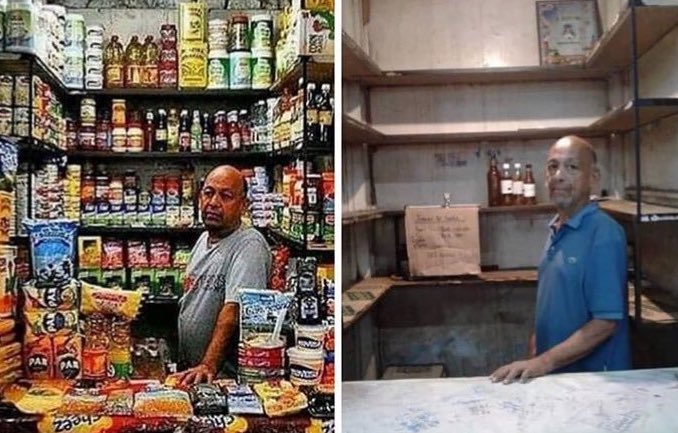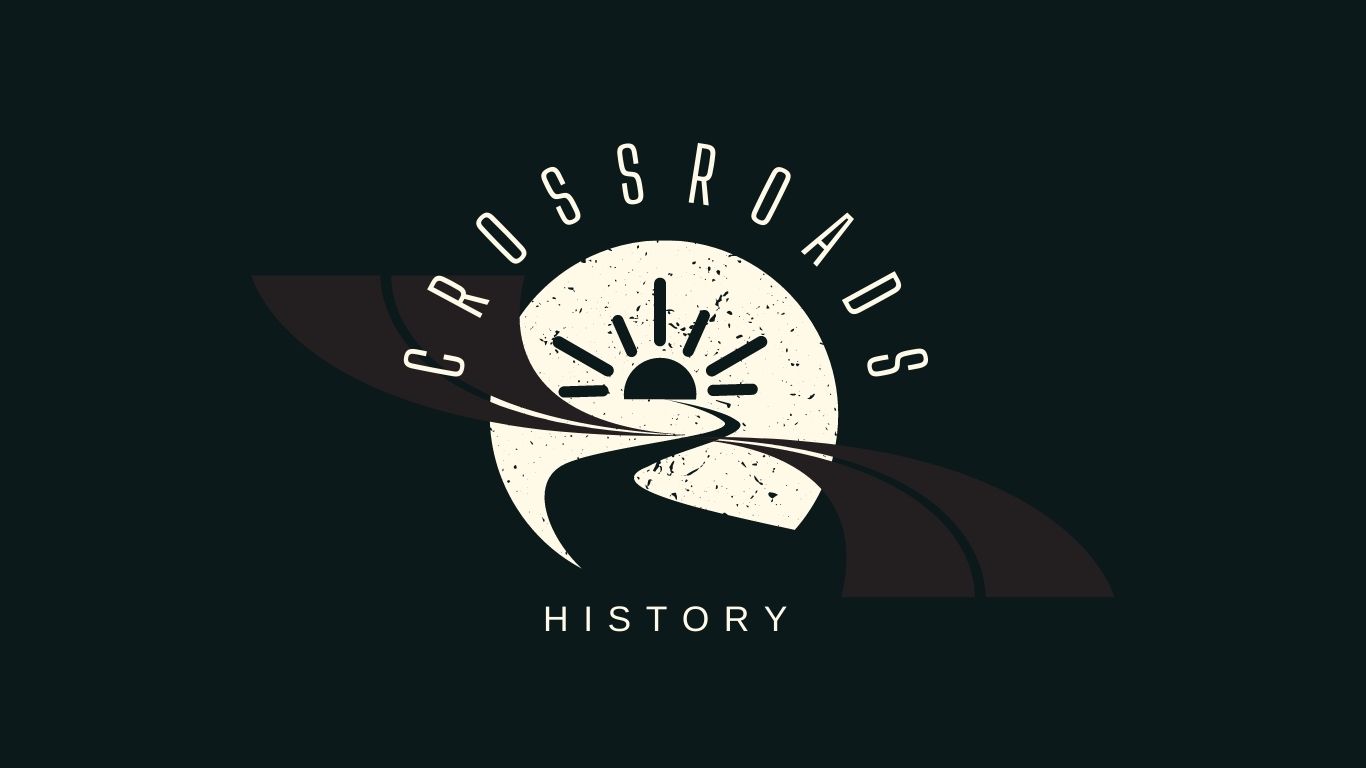Which is Which: the Falsity of Revolution

By Cale Gressman
I am a firm believer that revolutions are merely the replacing of one group of elites for another. And that those same elites tend to strongly resemble the old elites they fought against. The last page of Orwell’s Animal Farm goes as such, “Twelve voices were shouting in anger, and they were all alike. No question, now, what had happened to the faces of the pigs. The creatures outside looked from pig to man, and from man to pig, and from pig to man again; but already it was impossible to say which was which.” (Animal Farm, pg. 141) Why is this the case?
A big part of it is human nature. Institutions and individuals, over time, seek to pull the ladder up behind them. This is understandable. As Grampa Simpson wisely opined, “I used to be with it, but then they changed what it was. Now what I’m with isn’t it. And what’s it seems weird and scary to me. It’ll happen to you.” In a world where you understand less and less, it would seem it’s instinct to lock out any threats to your position. I had a history professor who stated that the middle class both loathes the rich and fears the poor, the rich fear everyone, and the poor loathe everyone. Is it really any surprise then that most of the “revolutionaries” you see are often among the richest and most privileged?
In the recent riots at “Cop City” down in Atlanta, Georgia, several of the 20 or so arrested and charged with domestic terrorism were the children of the wealthy. Another was a lawyer for the NAACP. In another riot in NYC during the BLM riots, two arrested were well-off lawyers who were let off almost scott-free for torching a police vehicle.
The point of this of course is to state that, as Orwell stated better than perhaps anyone, there is nary a difference between the old WASPy elite and the new “diverse” elite. Those in BLM are not fighting for any true change. One good working definition of Woke-ism in practice is the redistribution of wealth, status, and power on the basis of not only class, but on race, gender, and sexuality (and perhaps religion if you look close enough, although when they say Muslim they really mean brown) It’s not about change, it’s about conquest.
This isn’t some new thing either. Quickly going through a list of prominent revolutionaries I only find a couple that were actually born in poverty (relative to their place of birth of course), that being Hitler (to an extent), Mussolini, and Stalin (now that’s ironic). All the rest were born either wealthy or comfortably well-off. So what gives? Most of these revolutionaries (Che Guevara, Castro, Lenin, Trotsky, Pol Pot, etc…) were in good positions to become part of the existing power structure. I’d be willing to bet that it was that they thought they could do better or that they deserve better. But who knows, because it certainly isn’t me.
But again we are left with the fact that those who turn towards revolution, are often no better than those they replace. Often times they are far worse. Take Cuba, the dictator Batista might have been a dirtbag but he did preside over a thriving middle class in Cuba, Castro ground the country into poverty. The Russian Czar was bad, the Bolsheviks made them look like saints. At the head of this article is a picture showing before and after socialism in Venezuela.
Worse yet, in all these cases, the new elite behaved in the same ways as the old elite. Within a few years of the Bolshevik Revolution, Lenin had already created a new Russian (err Soviet) secret police. Castro amassed over the course of his life billions in a private fortune. In Venezuela, there are shops that only loyal Party members can enter. The ultimate argument here is that people are people. So when someone gives you lofty promises and swears that they are different; maybe trust, but definitely verify.

Comments
Post a Comment